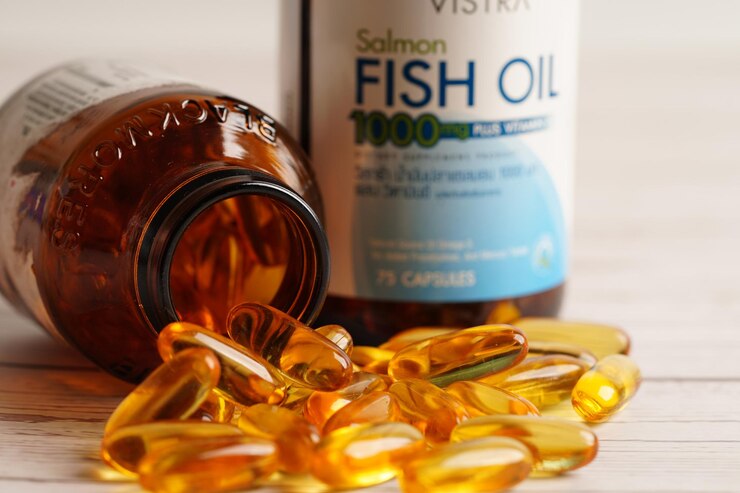If you’re a person living with bipolar, then you’ve probably experienced the intense shifts in mood swings. One minute you’re going through manic symptoms, such as impulsive behavior, anxiety and irritability. And before you know it, the depressive symptoms of sorrow, loss of interest and feelings of worthlessness kick in.
If it feels like your usual medications aren’t doing enough to manage the symptoms, natural remedies might help. They can make your ride a little less turbulent by keeping your emotions in check.
That said, this doesn’t necessarily mean that you ditch your meds. Often, these alternative approaches are used in conjunction with – not in place of – the prescribed medications. You’ll also want to get a green light from your doctor to ensure you’re doing the right thing. Here are 5 natural solutions ideal for managing bipolar disorder symptoms.
Psychotherapy
Individuals living with bipolar disorder can benefit profusely from psychotherapy.
Also known as talk therapy, this technique involves sharing your feelings, behaviors and thoughts with a counselor or other health expert. This, in turn, helps you understand why you’re experiencing certain emotions and how to manage them. “Carry each other’s burdens, and in this way you will fulfill the law of Christ.” (Galatians 6:2)
Generally, there are two main types of psychotherapy to choose from:
- Cognitive Behavioral Therapy (CBT): this helps you identify destructive behaviors that you may have adopted and replace them with healthier ones. You’ll get to learn some efficient mechanisms for coping with stress and depression symptoms.
- Interpersonal & Social Rhythm (IPSRT): the concept behind IPSRT is to help patients understand how their biological and social rhythms work. This way, they can reduce disruptions to these systems; hence, minimize the risk of triggering depression symptoms. The patient will be able to regulate their diet, sleep, leisure activities and other aspects that could affect their mood.
Mind and Body Practices

Some mindfulness practices have also been found to be effective in relieving bipolar disorder symptoms. In fact, engaging in these activities reduces anxiety and worrisome feelings and leaves you feeling happier and healthier. Examples of these practices include mediation and acupuncture.
Proper Nutrition
People who experience erratic mood swings also have a higher tendency to overeat. Unfortunately, this usually leads to additional health problems like excessive weight gain, diabetes and cardiovascular disease.
Instead, you should follow a nutritious and well-balanced diet. Incorporating certain foods into your diet can lead to more stable emotions, and boost your brain function.
Exercise
Another alternative remedy for managing bipolar entails exercising. Anytime you work out, your body produces endorphins- the feel-good hormones that improve your mood. As such, exercising is a nice way to relieve some of the bipolar disorder symptoms. In fact, exercising helps you sleep better and distracts you from feeling sad and hopeless.
However, this approach might not work for all people living with bipolar disorder. For some, it exacerbates the symptoms by making them feel more anxious. So if you don’t get a positive outcome from this, consider other solutions.
Supplements

Studies show that certain supplements are effective in managing some of the symptoms associated with bipolar disorder.
But as I mentioned earlier, it’s important to consult a mental health pro in advance. This is because some supplements interact negatively with your usual meds, which can worsen the situation. Here are the safest supplements recommended by most experts:
- Omega-3 Fatty Acids – be sure to increase your intake of omega-3 fatty acids or foods rich in this nutrient. Using a combination of EPA and DHA Omega-3s is particularly effective at reducing depressive symptoms.
- Vitamin D – turns out that patients diagnosed with bipolar disorder often have insufficient vitamin D levels. This suggests increasing your vitamin D intake can relieve symptoms associated with this mental illness. One study revealed that taking vitamin D3 supplementation improves mania symptoms in youths.








Your article helped me a lot, is there any more related content? Thanks!